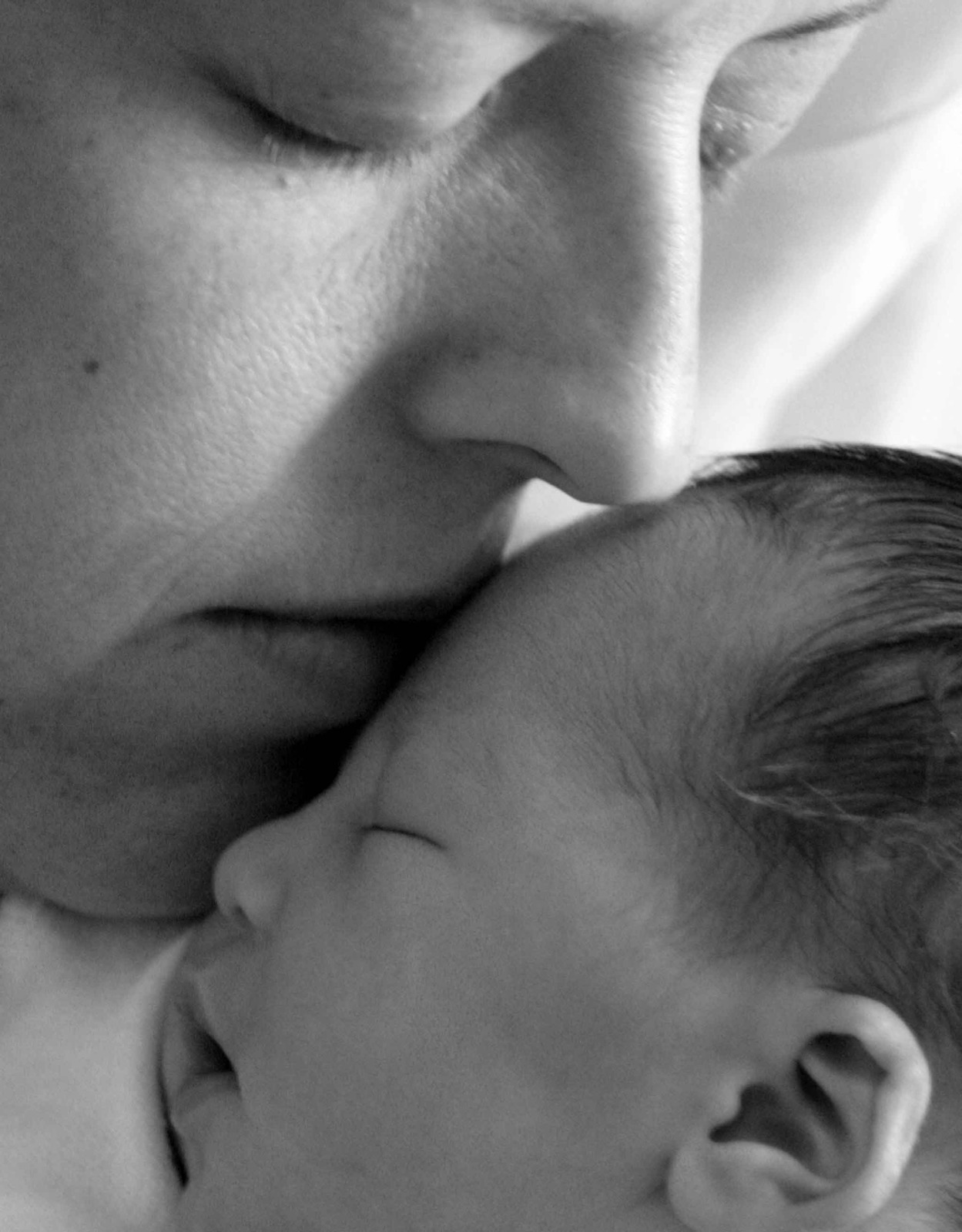Because estrogen-containing contraceptives may affect lactation and may increase the risk of thrombosis, progestin-only contraceptives are used in women who are breastfeeding. Depo-Provera (DMPA), which contains medroxyprogesterone, is frequently used during the immediate postpartum period in women who are breastfeeding and are interested in efficacious, long-term contraception. (The minipill is another type of progestin-only contraceptive which is used in this setting. It contains a different type of progestin called norethindrone.)
Because some studies have associated depot medroxyprogesterone with worsening of mood, one important question is whether DMPA and other progestin-only contraceptives increase the risk for depression when administered during the postpartum period, a time when women are more vulnerable to depression.
In order to determine the effect of DMPA on risk for postpartum depression, researchers from London and South Africa conducted a single-blind randomized controlled trial. In this study postpartum women (N=242) requiring contraception were randomized to receive DMPA or a non-homrmonal IUD within 48?hours of childbirth. The participants were interviewed at 1 and 3 months postpartum. Depression was measured using the Beck Depression Inventory (BDI-II) and the Edinburgh Postnatal Depression Scale (EPDS).
At one month, EPDS scores were statistically significantly higher in the DMPA group than in the IUD group. At 3 months, BDI scores were significantly higher in the DMPA group than in the IUD group. Furthermore, according to the BDI, more women in the DMPA group had major depression at this time-point (8 vs 2; p=0.05). There were no statistically significant differences in other outcome measures except that fewer women had resumed sexual activity by 1?month postpartum in the DMPA group (13% vs 26%; p=0.02).
These findings suggest that depression may be more common among women treated with depot medroxyprogesterone. Another reason to avoid DMPA in this setting is that with the depot preparation, an injection is given and is irreversible, the effects typically lasting for 3-4 months. In our community, the mini-pill (containing a different type of progestin, norethindrone) is used more commonly than Depo-Provera. Somewhat surprisingly given how commonly the mini-pill is used, no studies have examined the effect of the mini-pill on mood in postpartum women. There was one study which examined the impact of an injectable form of norethindrone on mood when administered during the postpartum period. Similar to the DMPA study, women receiving the norethindrone experienced more depressive symptoms than women in the control group.
Given the findings of these studies, we typically recommend that women with histories of postpartum depression or histories of mood disorder avoid using progestin-only contraception during the postpartum period. What is less clear is whether or not we should avoid progestin-containing contraceptives, such as depot medroxyprogesterone or the mini-pill, in women with no history of depression.
Ruta Nonacs, MD PhD
Singata-Madliki M, Hofmeyr GJ, Lawrie TA. The effect of depot medroxyprogesterone acetate on postnatal depression: a randomised controlled trial. J Fam Plann Reprod Health Care. 2016 Jul;42(3):171-6. Epub 2016 Mar 30.








Leave A Comment